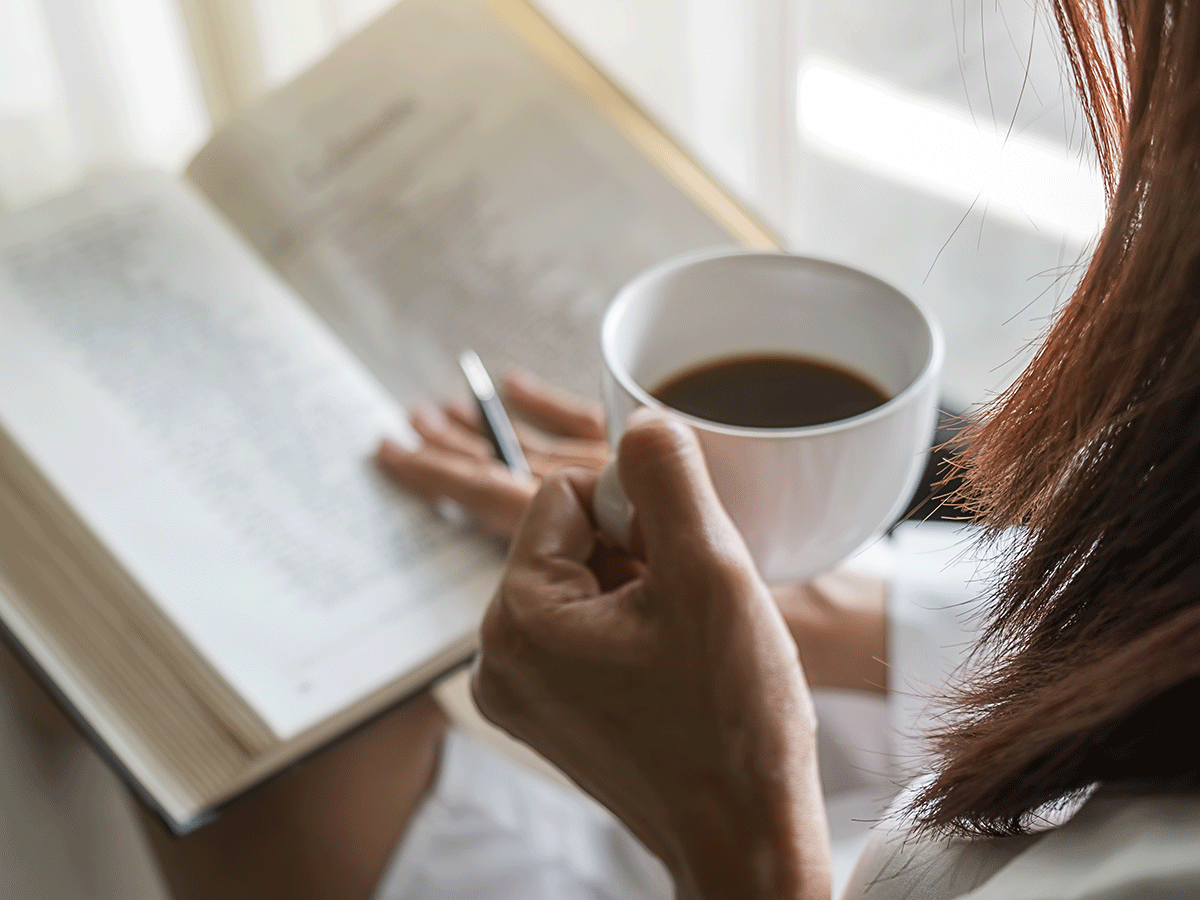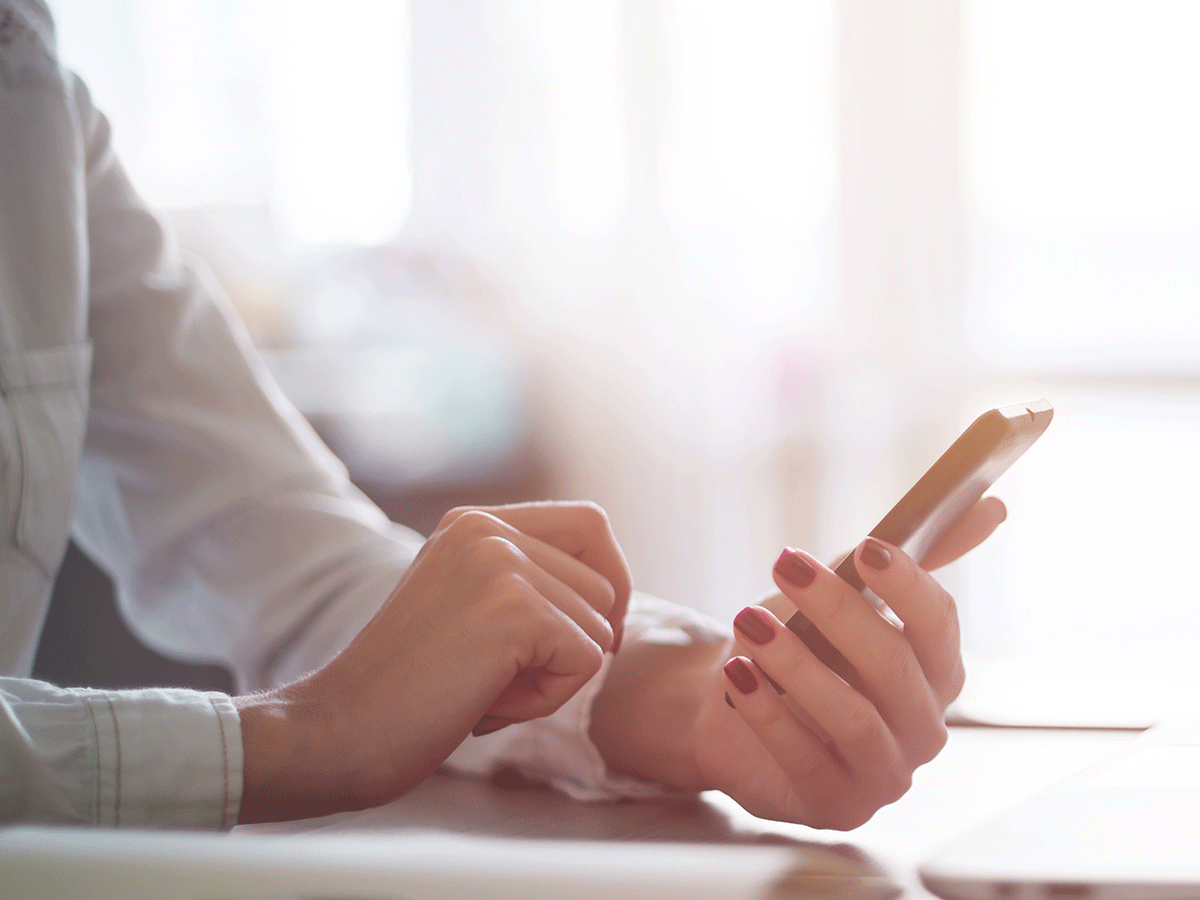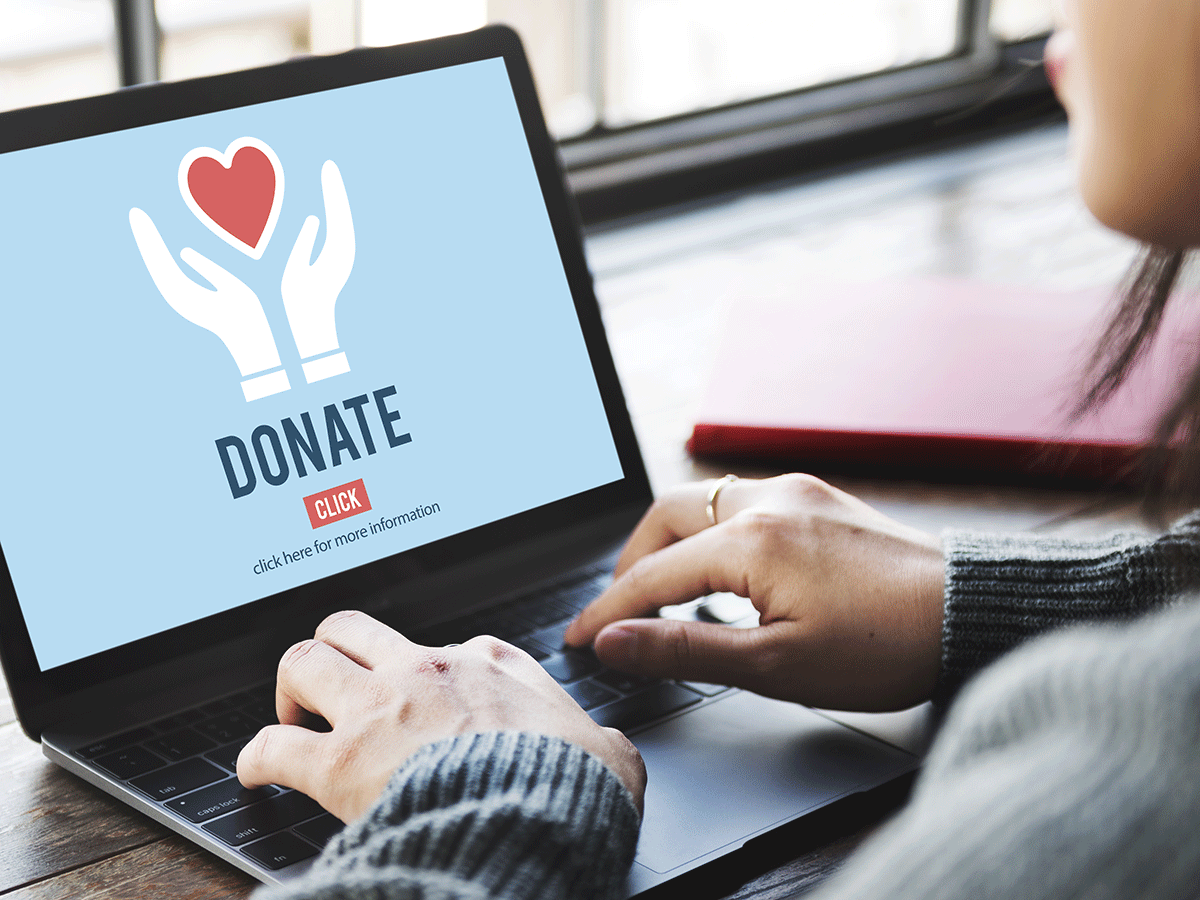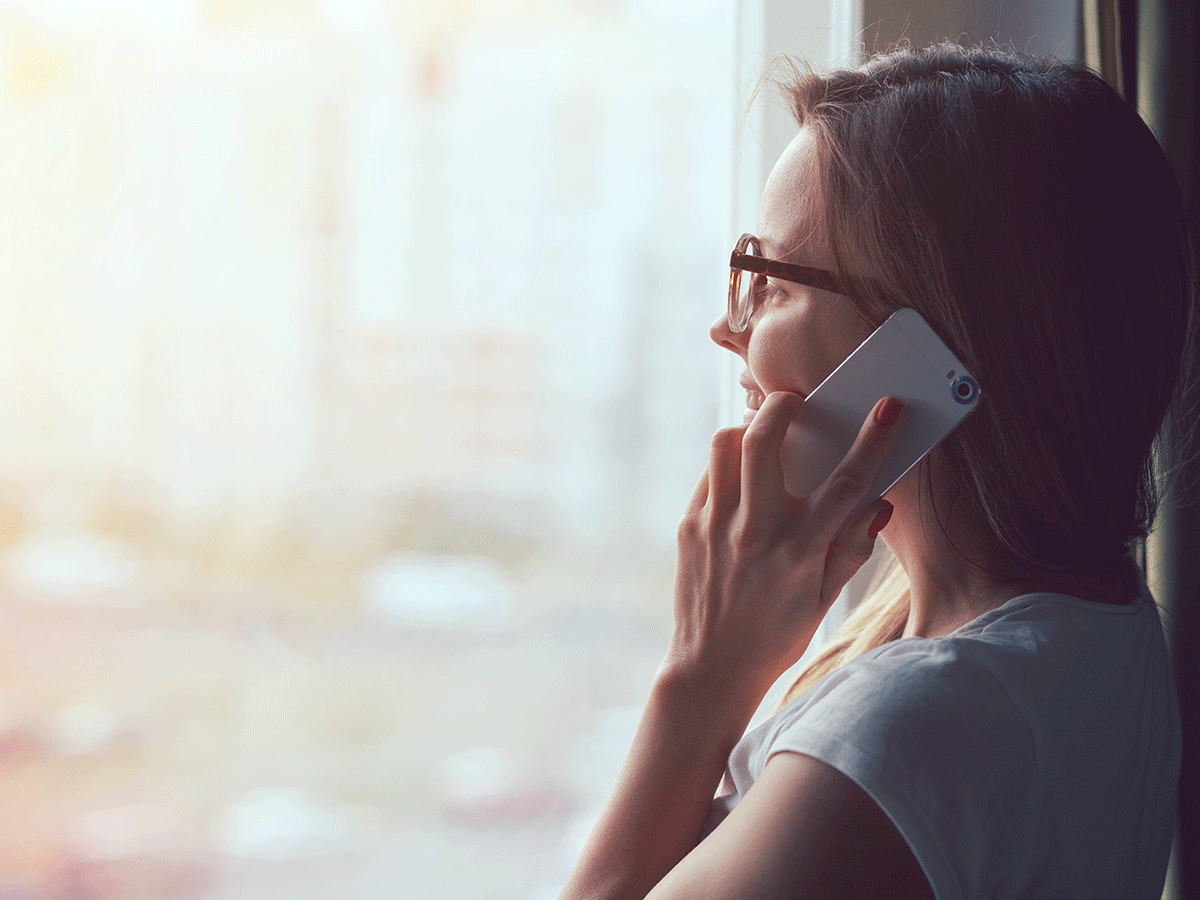
Your mental health and the cornavirus pandemic
COVID-19, financial uncertainty and global distress – it’s almost impossible to escape the endless stream of frightening world news. For many of us who struggle with anxiety, the constant flood of dismal information can make us feel like we’re sinking into a dark hole. The world seems headed for disaster, and I often feel a loss of control and gripping sadness. With so many bad things in the news, it’s hard to find the beauty in the world. Fortunately, I’ve developed a few healthy habits that help ease some of the darkness and inspire hope for a positive future.
(If you’re in need of extra help during this time, check out the telehealth services available to Canadians.)

1. Start your day with a feel-good activity—not with looking at your phone
Instead of starting my day by scrolling through social media– where I know I’m likely to read something unsettling – I enjoy my morning coffee with a book, podcast or crossword puzzle. There will be plenty of time during the day to catch up on the news. Starting the morning with feel-good activities helps set a positive tone for the day.

2. Follow feel-good social media accounts
I like to stay current and be on top of world events, but I make sure that my social media isn’t all doom and gloom. I love to follow accounts that make me smile (I’m a fan of many adorable Instagram animals!) and make it a habit to visit sites like the Good News Network and Global Goodness, which share only good news. When I feel hopeless, reading uplifting stories reminds me that there is still so much good in our world. (Learn how wellness experts deal with coronavirus-related stress.)

3. Help others feel good
The helplessness I feel when confronted with terrible news stories is incredibly anxiety provoking. Giving back allows me to feel like I’m helping to make the world a better place. It also gives me a sense of control. I donate to worthy causes in other parts of the world and close to home. The added bonus? Giving back is a great distraction that helps me get out of my head. (Learn how walking can also help boost your mood.)

4. Only look at reliable news outlets
I make sure to get my news from reliable sources, such as CNN and CBC. Social media accounts of world events can be overdramatized and biased and tend to exacerbate my anxiety. When I feel especially vulnerable, I delete the Facebook app from my phone. I can reinstall it any time, but taking a break from the constant flow of (unreliable) information helps me breathe a little easier. (Find out if you’re spending too much time on Facebook.)

The choice is yours
Sometimes I miss the way life was before smartphones and social media, when we weren’t confronted with a near constant flow of information. We communicated by talking to our friends and family in person. We spent more time engaging in real life with real people. But it’s helpful to remember that we have a choice in how we spend our time and how we consume information. And on a positive note, there are always cute puppies to check out!
Elizabeth Wiener is a mental health educator, fundraiser, speaker and advocate, fueled by her own struggle with depression and anxiety. She is one half of Wise Women (@wisewomencanada).
Next, learn mental health tips from therapists that’ll help you with depression during quarantine.
